Winner of the Orange First Novel prize for Inglorious, Joanna Kavenna's other works include The Ice Museum. Her journalism has appeared in the London Review of Books, the Guardian, and the New York Times.
Here she tells Vassili Christodoulou about the problem of differentiating between reality and unreality in works of fiction, and how high irony can save writers and readers from the tyranny of reality.
In your talk on IAI TV, you describe the novel as “a field guide to reality”. You give a very clear definition of a field guide, but what do you mean by reality?
Well precisely! What a crucial fundamental question. In a way, my enterprise, my entire point in the conversation you’re referring to, is to question the confident use of terms like realistic and unrealistic and the value-laden ways that they are used – positively in the way of realistic and pejoratively in the way of unrealistic: i.e. the characters were realistic versus the characters were unrealistic.
And my point was that this entire debate is premised on the wonderfully un-interrogated assumption that anyone knows what the hell reality is anyway. Because if you’re making a reference to a reality, and you’re saying that others are either in line with this reference or not, then there’s a suggestion that someone knows what that reality is. So the crucial question is: Who is defining reality, and on what basis? If you use these terms in an un-interrogated way, you’re capitulating before the contest. You’re accepting something that you have neither fathomed nor questioned, and neither have the people who promulgate it.
Why do you think ‘realistic’ became the highest plaudit that can be bestowed upon a work of fiction?
It’s very odd. I mean it’s not everybody. It’s the arguments or assumptions of certain sorts of taste-makers, you might say. Obviously in sci-fi, which I love, that’s not remotely the game. The game there is not to be convincing, which is another epithet used as positively in certain fields. But I think that within a rather solid, establishment notion of the novel – (and even the term “The Novel” is quite because whose novel is it, and how are we defining it and so on?) – but within that kind of establishment parade of opinion, I think there’s a troublingly dominant notion that the best novel, the finest work is a portrait of a materialist world view.
So, you’re going back to the nineteenth century where people suddenly believe they can fathom and demarcate the parameters of the material world, and the novel is regarded as the associated art form of this endeavour. So I think there’s this kind of lumpen received notion that the material view of things is the most solid and determined, and thereby the realistic novel is in line with that. But I mean that’s kind of crazy cultural nostalgia, and that really needs to be jettisoned, I think.
Do you think that the novelists who are perpetuating this myth are engaging in a form of science envy?
Well that’s interesting, because of course one is lambasting in the abstract, who am I talking about, but if I am to jettison this accusation in deliberately vague terms then, OK, yes, I think there is. If we’re talking about a generalised consensus, what can be seen as weird and what will not be seen as weird within the mainstream media, within the scene of supposedly serious intelligent debate, I think that there is a huge deference to science: within science, within funding, within structure of hieratic hierarchies.







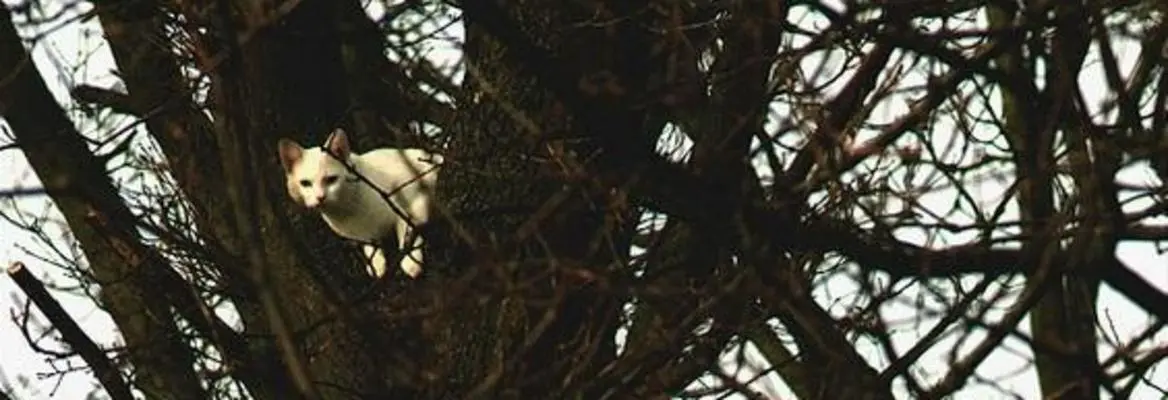


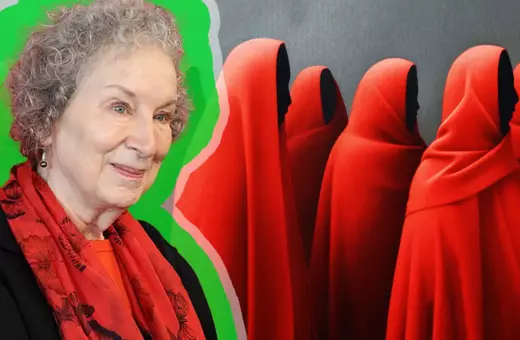
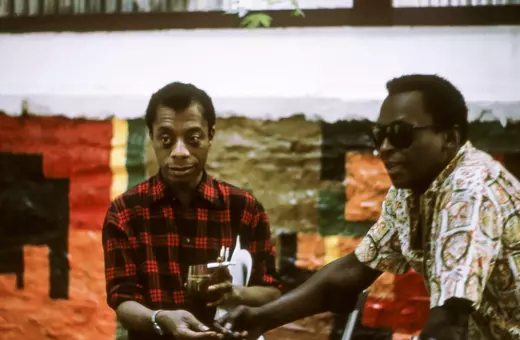

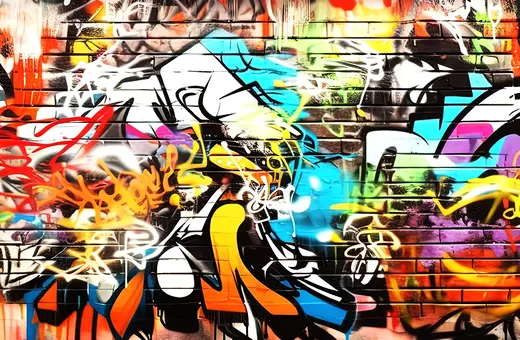
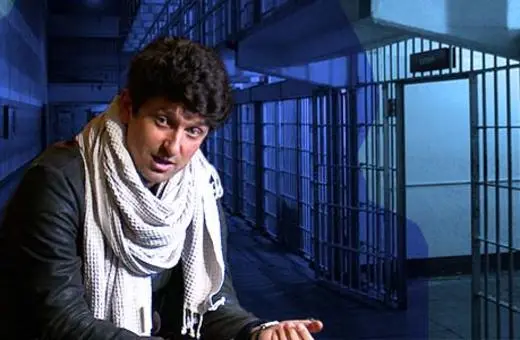

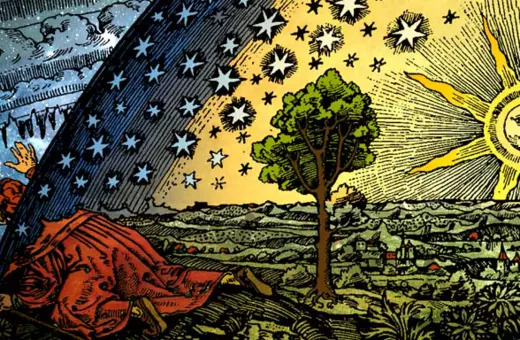
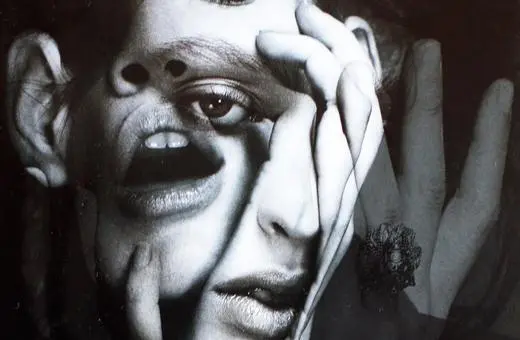



Join the conversation